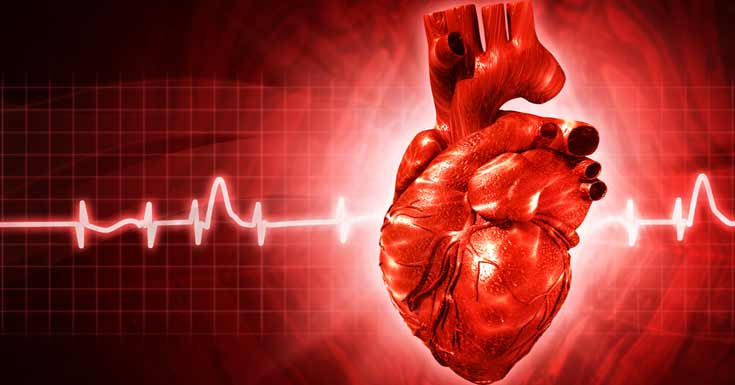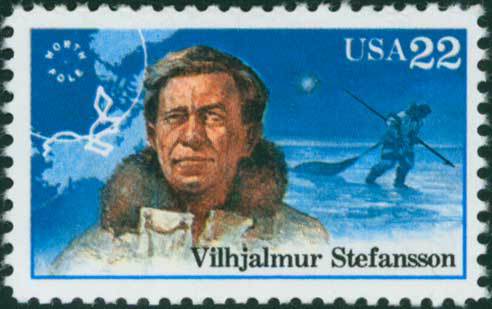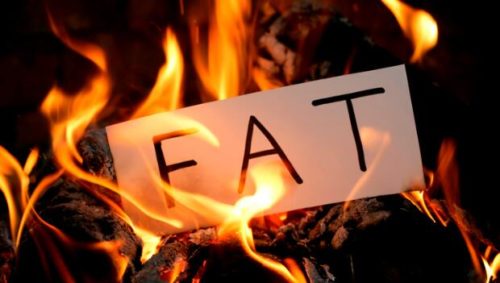The current nutrition advice from the government and their dietician disciples may have you believing otherwise, but there’s been undeniable proof since the early 1900’s that eating predominantly animal protein, and limiting carbohydrates, was the ultimate solution for a lean physique.

As an example, take this quote from Dr. Alfred Pennington, describing his experimental results from his study in The New England Journal of Medicine:
“Of the twenty men and women taking part in the test, all lost weight on a diet in which the total calorie intake was unrestricted. The basic diet totaled about 3,000 calories per day, but meat and fat in any desired amount”
“The dieters reported that they felt well, enjoyed their meals and were never hungry between meals. Many said that they felt more energetic than usual; none complained of fatigue. Those who had high blood pressure to begin with [no longer did].”
The key takeaways being the points I underlined. Although, as you can see, I may has well have underlined the whole damn thing!
No restriction on calories, yet never hungry and MORE energy…?
That sentence right there is one of the reasons I recommend reading Eat Meat And Stop Jogging before starting my nutrition program. As conventional wisdom has us believing that fat loss is all about eating less and exercising more – which couldn’t be further from the truth.

The individuals that followed Pennington’s plan were not hungry because they filled up on calorically dense animal protein. And they lost fat because they failed to consume the food that causes fat storage:
High glycemic (starchy) carbohydrates!
You know, the one your dietician says you NEED for energy. And the one our government has us consuming 6-11 servings of per day!
But more importantly, they lowered their blood pressure, and likely improved the other biomarkers for heart disease that are characteristic of low-carb eating (1, 2, 3, 4):
- Reduced triglycerides
- Higher HDL (good) cholesterol
- Better composition of LDL cholesterol
- Lower inflammation
Including superior reductions in body fat, which have a direct impact on our disease risk.

Vilhjalmur Steffanson is another nutrition pioneer from the early 1900’s that recorded the favorable outcomes he was experiencing with a high protein, low-carbohydrate eating strategy. And though I don’t recommend taking your diet to the extreme of his ‘All Meat Diet,’ it’s critical that you understand the importance of animal protein.
Despite the unfair criticism suggesting that meat causes cancer and increases heart disease (which I feel I debunked quite well already here, here, and here) his 11 year experience as an Eskimo helps to further resolve this misconception. In 1906 Steffanson went to the Arctic, carrying with him the nutritional habits of the typical North American. But upon arrival, he was forced to adapt to the Inuit way of life, and consume mainly meat, fish and fat.
Not surprisingly, he became extremely lean and fit and had an incredible energy level (just like Pennington). Though more important, and what he later wrote about, was that the Eskimos had no heart problems, no cancer, and their overall health was far superior to anything he’d seen in North America. With Steffanson explaining that Eskimo’s are also not fat, as they are commonly depicted in movies and cartoons.
“Eskimos…are never corpulent…in their native garments they do give the impression of fat, round faces on fat, round bodies, but the roundness of face is a racial peculiarity and the rest of the effect is produced by loose and puffy garments. See them stripped, and one does not find the abdominal protuberances and folds which are so in evidence on Coney Island…” -Vilhjalmur Steffanson, Adventures in Diet

The main reason for this, is that when you restrict yourself to the good (animal protein and fat), you miss out on the bad (whole grains, industrial oils). Meaning less inflammation, oxidation and glucose abnormalities that lead to fat storage and disease.
For instance, in a study from 2003 that used female subjects (again with 0.8g/kg or 1.6g/kg) had similar results in weight loss, but notable improvements in blood sugar homeostasis and reductions in insulin in the higher protein group.
More importantly, it’s because the animal protein and fat itself gives your body EXACTLY what it needs to stay nourished. With the essential nutrients, amino acids, and fats satiating your cells, and telling your body that energy is plentiful – so it’s okay to burn it – and feeding muscle at the same time – so we can burn more going forward.

For example, a study from 2012 in the journal of Nutrition and Metabolism, gave one group of subjects 1.6g/kg bodyweight, and another 0.8g/kg, with equal daily caloric allowances. The ‘weight’ loss was nearly equal, but the high-protein group preserved their lean muscle mass, and lost almost entirely fat!
Or put another way:
When protein intake is adequate, fat loss is maximized without a reduction in muscle.
Meaning, people that eat protein, will have more muscle; and therefore burn more energy at rest. Because, unlike body fat, muscle requires a significant amount of energy to maintain.
And that’s before getting into the fact that protein itself requires a significant amount of energy to eat! With those swapping a high-carb meal for a high-protein one, experiencing a 100% increase in metabolism – that continued for 2.5hrs after eating!

So, I guess it’s up to you. You can fill up on the one food that has all the nutrients you need to thrive, doesn’t cause metabolic dysfunction and disease, and makes you burn more energy at rest. OR, you can fill up on the foods that DON’T have all the nutrients you need, do cause metabolic dysfunction and disease, and make you burn less energy at rest.
???
Keeping in mind, of course, that a lack of muscle is also the number 1 cause of degeneration and early death.
Stay Lean!
Coach Mike
RELATED ARTICLES:
The Problem With Red Meat Research
Low-Fat vs Low-Carb - What's To Debate?
